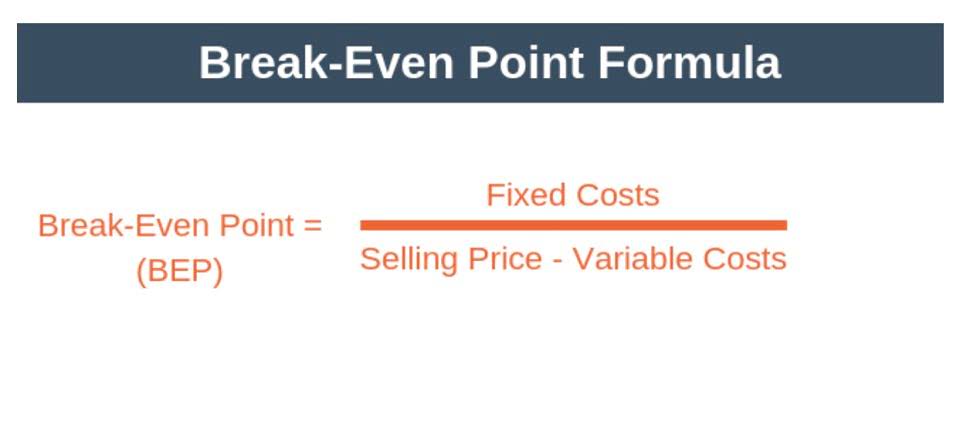
Governments and regulatory bodies are still grappling with how to classify and regulate blockchain-based transactions, which can vary widely in nature and scope. Case studies from various industries illustrate the practical benefits of blockchain in accounting. For instance, companies like IBM and Walmart have implemented blockchain solutions to enhance their supply chain transparency and traceability. These implementations not only improve operational efficiency but also ensure compliance with regulatory standards, thereby reducing the risk of financial discrepancies.
What are the benefits of blockchain for accountants?
- Employees and stakeholders may resist adopting new technology due to unfamiliarity with blockchain.
- Accountants use advanced analytics to gain insights from big data sets, such as customer behavior or vendor performance.
- With a proven track record, Rick is a leading writer who brings clarity and directness to finance and accounting, helping businesses confidently achieve their goals.
- The company’s platform eliminates the need for piles of paperwork while providing a single system for handling the entire real estate transaction process.
- Blockchain is built on several key components that make it perfect for financial transactions.
We’ve uncovered how blockchain technology enhances transparency, security, and efficiency in financial transactions. This could save substantial amounts unearned revenue of time and the risk of human error may be considerably reduced. Blockchain technology is transforming the accounting industry by introducing transparency and immutability to financial records. However, this innovation brings significant regulatory and compliance challenges.

Supply chain management
The added blocks create a tamper-proof ledger because they contain the hash of the previous blocks, which intensifies the blockchain’s immutability. Now, let’s move further and discuss the work of blockchain technology in banking. The bank steps in and creates a digital transaction request by defining the sender, recipient, and sum of the transaction.
Power-intensive systems
The firm now offers strategic advisory, training and assisted prototyping for enterprise-ready blockchain solutions. Blockchain’s automation capabilities, particularly through smart contracts, streamline processes like invoicing, payment, and contract execution, leading to operational efficiencies. Real-time transaction processing and accessible audit trails provide business owners with accurate insights into financial activities, enabling informed decision-making. Ernst & Young (EY), a leading global professional services firm, utilized blockchain for inventory auditing. They developed a blockchain-based platform to reconcile and verify inventory items for a wine distributor in an efficient, accurate, and tamper-proof manner.
Real-Time Financial Reporting

Then, it is signed using cryptographic keys to prove the transaction’s authenticity. A private distributed ledger requires an invitation to participate in the network and must be validated by a process (i.e., existing members decide on future participants) or by an algorithm. In contrast, a public distributed ledger does not require permission to participate in the network. With proper planning and implementation, companies will enjoy greater security, accuracy, transparency and efficiency when managing their finances using blockchain. The implementation of blockchain in accounting has numerous benefits, but there are also certain challenges that businesses must navigate.


According to a report by Ecohumanism, smart contracts and automated verification methods simplify auditing procedures, leading to a reduction of 30% in audit time and a 20% decrease in audit costs. Traditional manual tax management faced the challenges of income misreporting or purposeful dedication, which led to tax evasion and non-compliance. Now, let’s analyze how exactly blockchain helps accounting improve the security of its operations.

- A smart contract is one of many blockchain applications that can streamline tedious tasks in today’s accounting.
- Blockchain promotes real-time transaction monitoring and marks suspicious activities, economizing time for other bank-relevant operations.
- Make sure you’re ready for the changes that digital technologies are bringing to finance functions and accountancy work.
- Blockchain’s real-time transaction processing and traceable audit trails enhance efficiency and transparency.
- Regardless, the underlying technology—the blockchain—is relevant to accountants and auditors alike.
- Bookkeeping, statement reconciliation, and some aspects of financial reporting may find a home in blockchain technology.
- Moreover, the network’s consensus model ensures that records are kept unchanged over time; creating an unparalleled level of immutability for records within the system.
Such a system is referred to as a “triple-entry” accounting information system. Derek is a financier and qualified accountant and worked for the Big Four accounting firms, before joining BusinessTechWeekly.com as deputy online editor. Derek writes passionately about AI, cryptocurrency and blockchain, and the future of finance. He graduated from London University, Derek has a passion for English literature and lives in blockchain in accounting Hampshire with his wife and 2 children. This includes working with internal staff members and external consultants who have expertise in both accounting practices as well as blockchain solutions.
- Auditors can access real-time data, reducing the time spent on manual verification and enabling more efficient audits.
- Most traditional banking institutions have relied on centralized legacy systems for years, leading to the amassment of a vast amount of versatile information.
- Businesses can then craft ideal smart contracts that meet their energy and security standards.
- These case studies underscore blockchain’s versatility and potential to revolutionize diverse industries.
- More companies are turning to blockchain-based ICOs because they offer a faster, safer and more accurate way of collecting capital.
- Blockchain accounting is, as the name implies, a system of accounting that uses blockchain technology.
Santander, a major bank, used Ripple’s platform to enable instant, low-cost transfers between the UK and Spain. This case demonstrates how blockchain eliminates intermediaries, accelerates transactions, and reduces costs in cross-border remittances. Despite its reputation for security, blockchain systems are not https://www.bookstime.com/ entirely immune to cybersecurity vulnerabilities.
